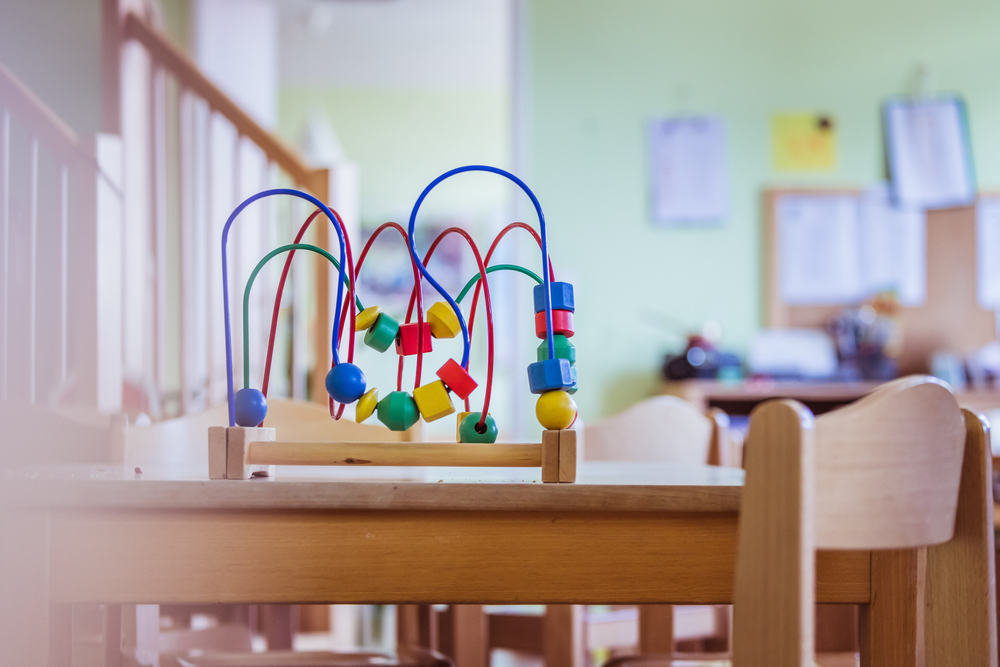Logical reasoning development Worksheets for Kids
4 filtered results
-
From - To
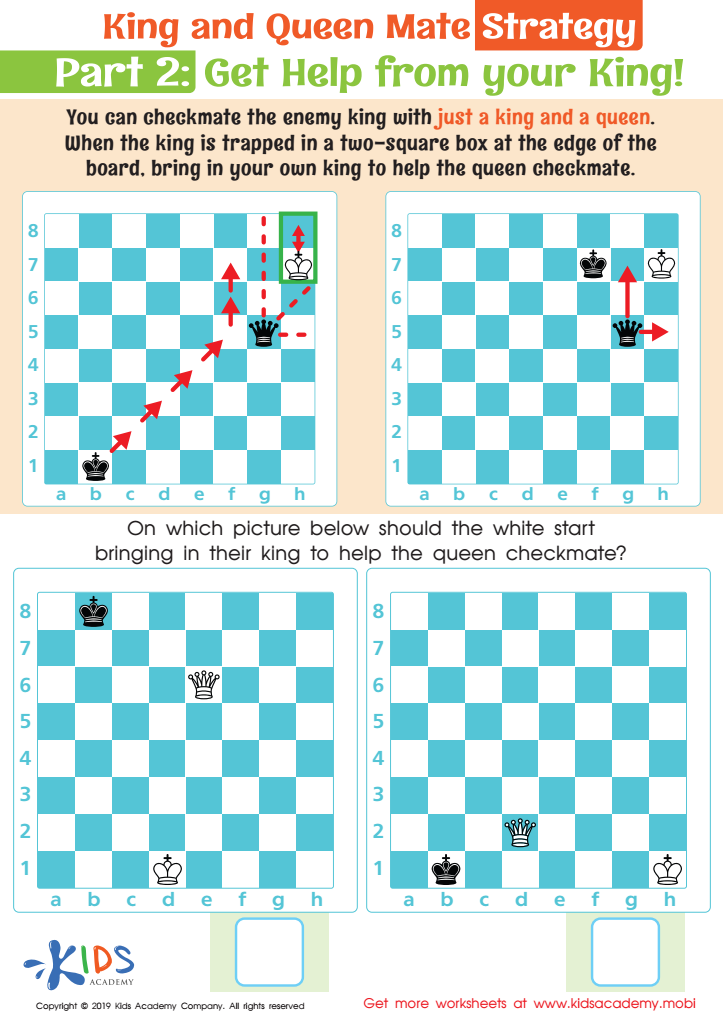

King and Queen Mate Strategy: Part 2 Worksheet
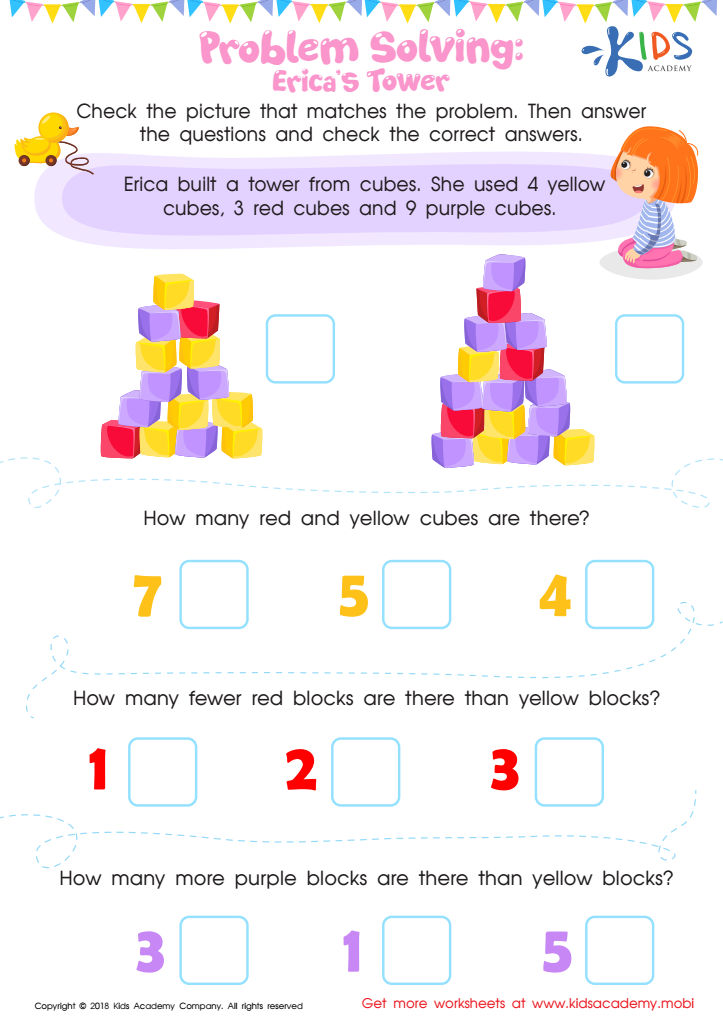

Problem Solving: Erica's Tower Worksheet
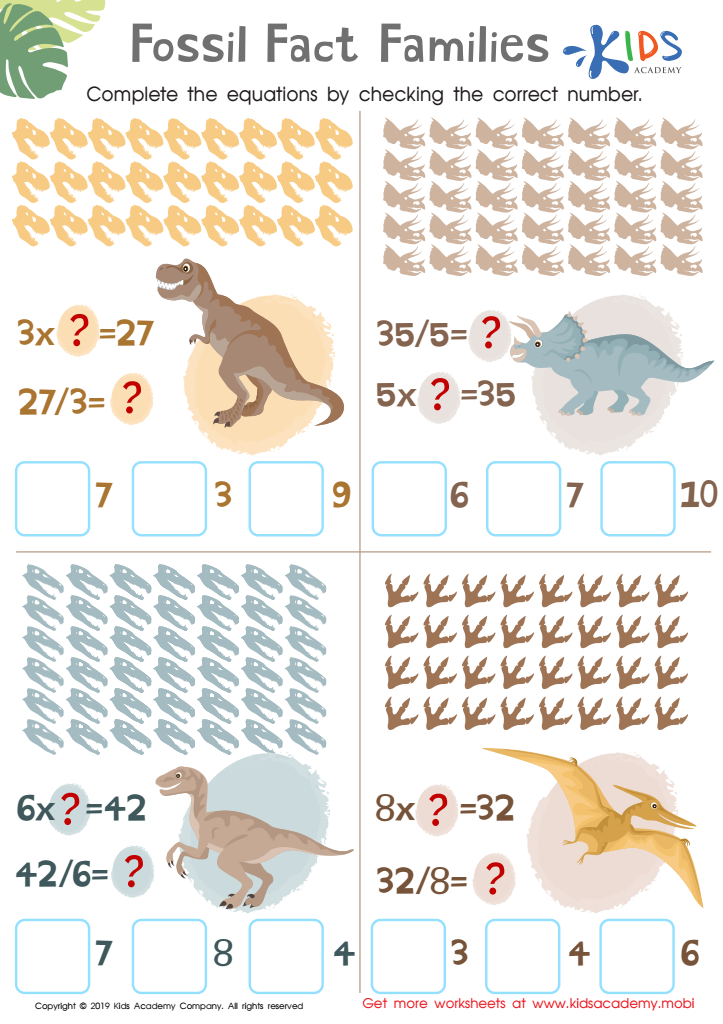

Fossil Fact Families Worksheet
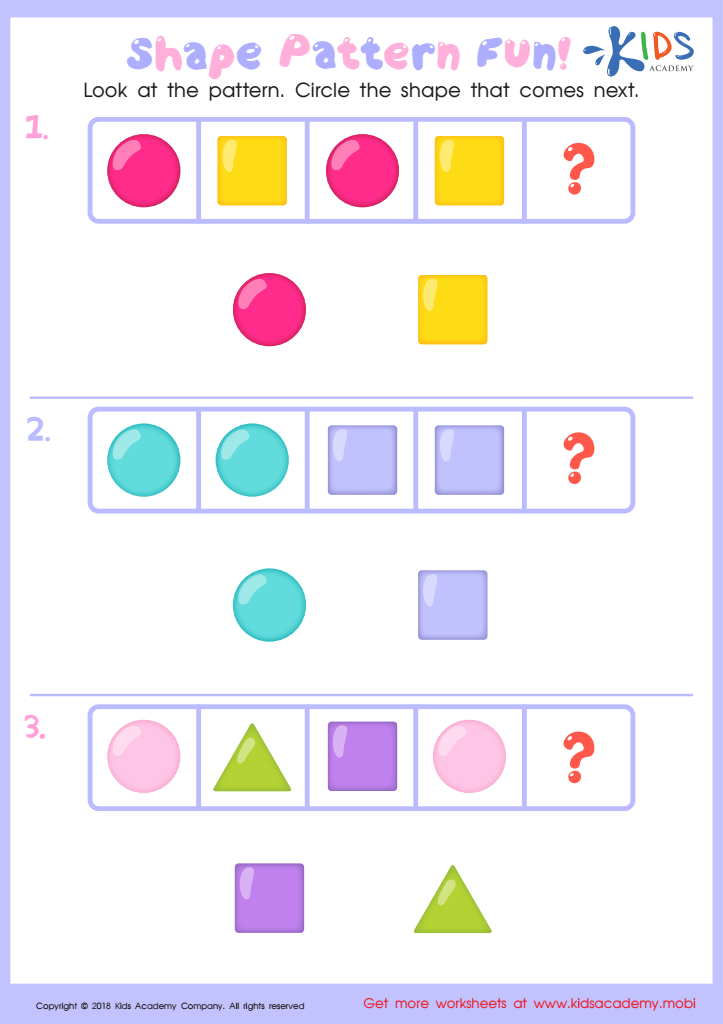

Shape Pattern Fun Worksheet
Question/Answer
What are some effective activities to train students’ Logical reasoning development skill when teaching them about Division?
Effective activities for training students' logical reasoning in relation to division include using manipulatives for hands-on learning, creating story problems that require division to solve, conducting estimation activities to build number sense, integrating puzzles that involve division patterns, and organizing small group discussions to strategize different ways to divide numbers.
How to test a Grade 3 student’s Logical reasoning development skills?
To test a Grade 3 student's logical reasoning skills, administer age-appropriate puzzles, pattern recognition tasks, and basic problem-solving activities. Use simple logical sequence exercises, categorization tasks, and 'if-then' scenarios. Incorporate visually engaging materials and real-life examples to maintain their interest. Assess their ability to draw conclusions, understand cause and effect, and apply logic to new situations.
Why is the Logical reasoning development skill important for Grade 3 students?
The development of logical reasoning skills is crucial for Grade 3 students as it enhances their problem-solving abilities, enables them to understand relationships between concepts, improves their mathematical thinking, and helps in developing critical thinking skills. These foundational skills are essential for academic success and everyday decision-making, setting a strong base for more complex reasoning and learning in future grades.
 Assign to the classroom
Assign to the classroom



